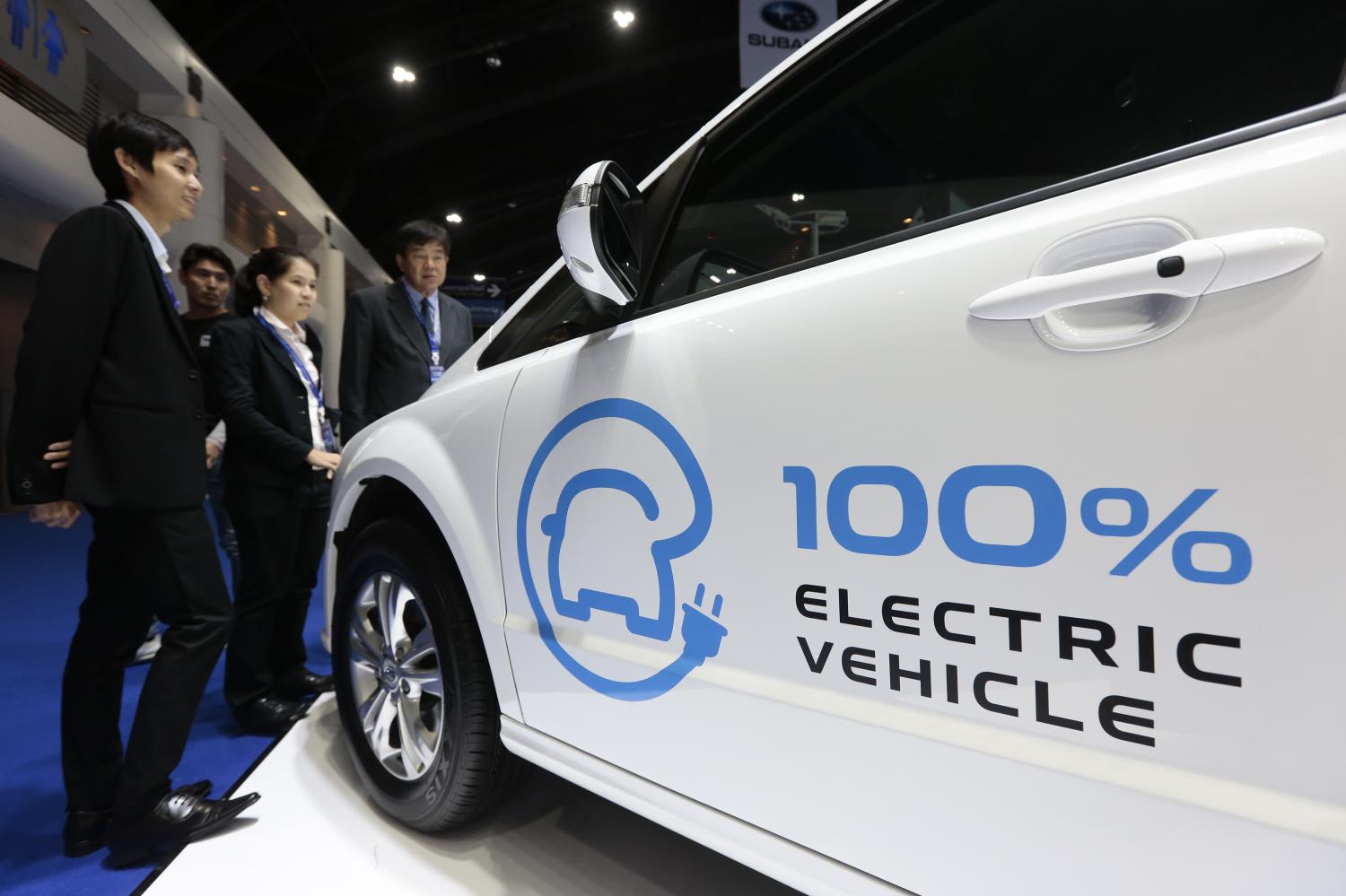
Five South Korean companies are keen to embark on new investment projects in Thailand, ranging from an electric vehicle (EV) business to the construction of a new industrial estate, says the Industrial Estate Authority of Thailand (IEAT).
The prospective investors are expected to allocate around 7 billion baht for the projects, said Veeris Ammarapala, governor of the IEAT, after talks with executives during a recent roadshow in South Korea.
"Four of the companies are interested in EVs, electronic parts for cars, or medical equipment," he said.
The value for these projects is estimated at 2 billion baht.
Another company wants to form a joint venture with the IEAT to build a new industrial estate, which would require 5 billion baht to develop.
Most South Korean companies want to invest in the Eastern Economic Corridor (EEC). The government wants to turn the EEC, which covers parts of Chon Buri, Rayong and Chachoengsao, into a high-tech industrial hub.
During the roadshow, held between May 15-18, Thai authorities from the IEAT and the Board of Investment (BoI) met executives from 40 companies to encourage them to invest in Thailand.
Among them was Park Jae Hong, president of the Korea Electric Vehicle Industry Association.
Mr Veeris said South Korean executives want to visit EV manufacturing facilities in Thailand. They also want the Thai government to promote the production of electric trucks and buses, as well as the construction of EV charging stations, he said.
They would like authorities to help investors reduce the costs of developing new EV charging facilities through an investment incentive package, said Mr Veeris.
Last year, the cabinet approved a package of incentives, including tax cuts and subsidies, to promote EV consumption and production during 2022 and 2023.
The subsidies range from 70,000 baht to 150,000 baht depending on the type and model of vehicle, with lower excise taxes and import duties on completely knocked-down and completely built-up units.
Over the past decade, South Korean investors have applied for BoI tax incentives for 322 projects, representing 91 billion baht in investment value, according to the board.
The projects were related to auto parts, electronics, digital technology, and steel and other metals.